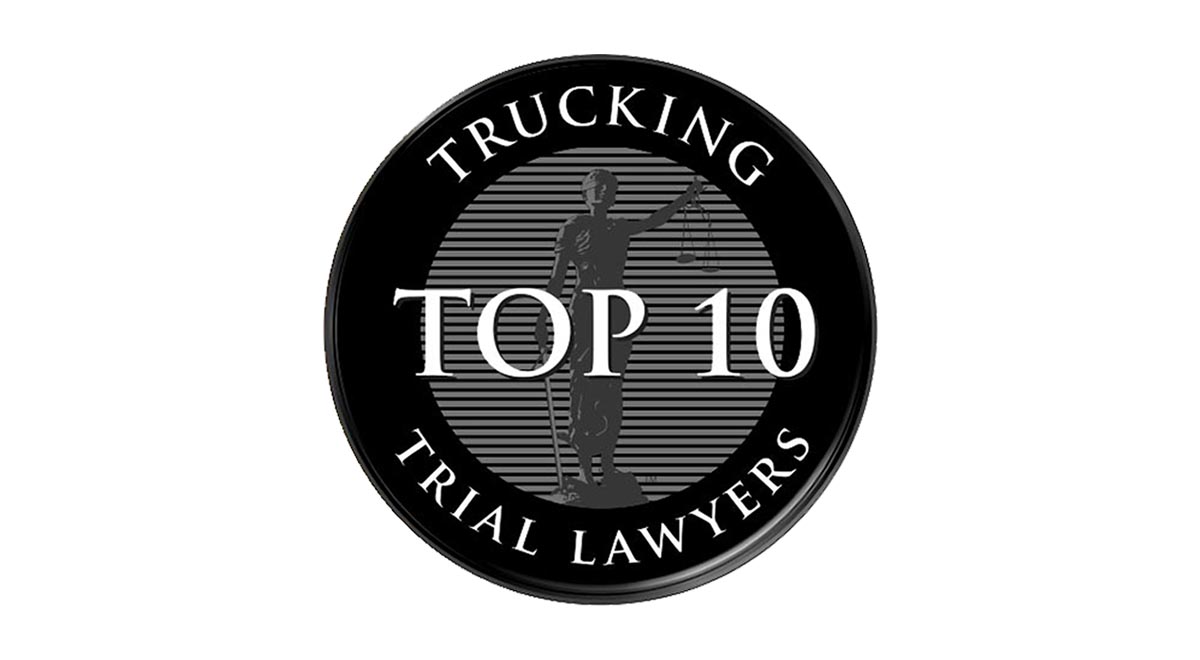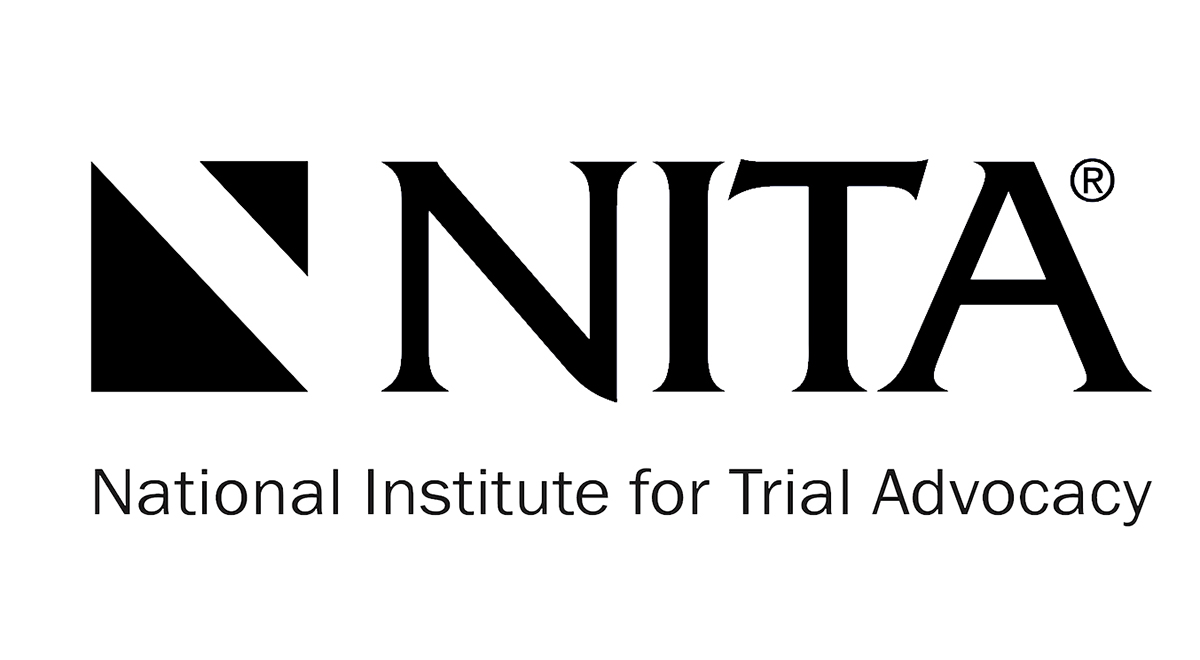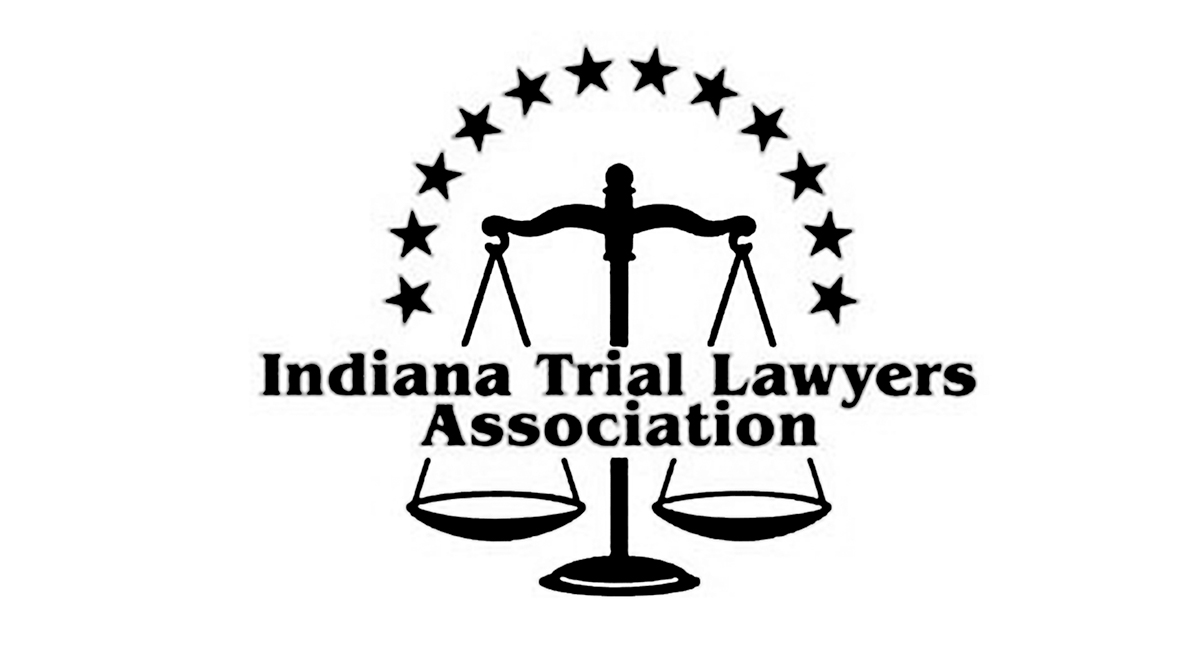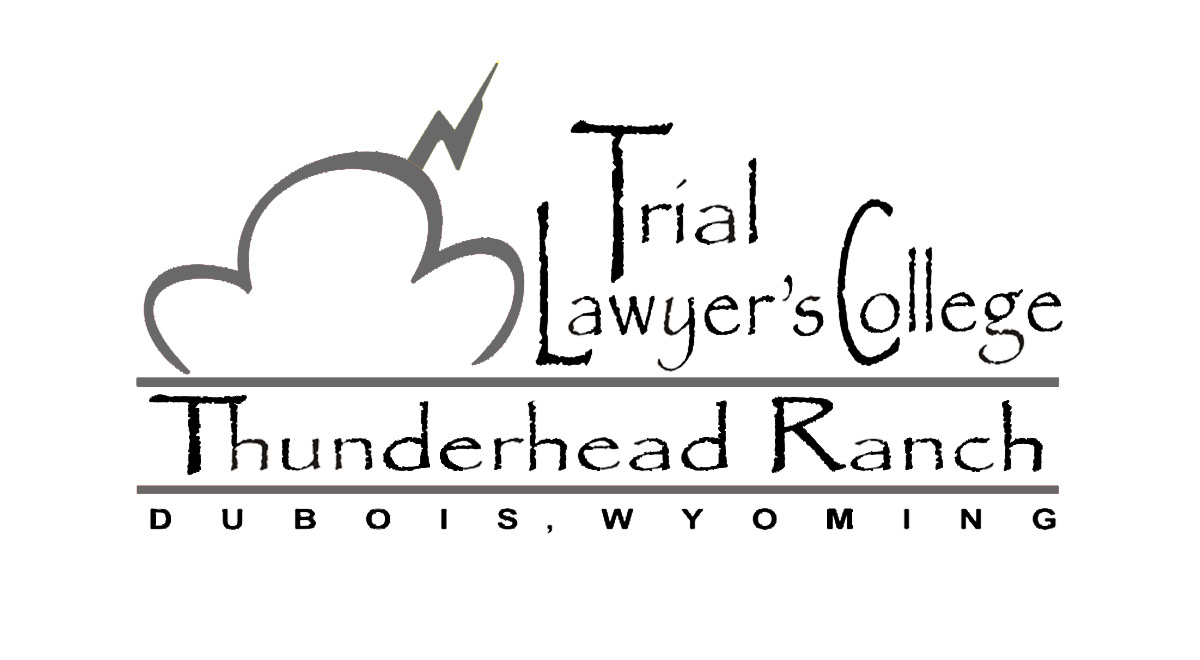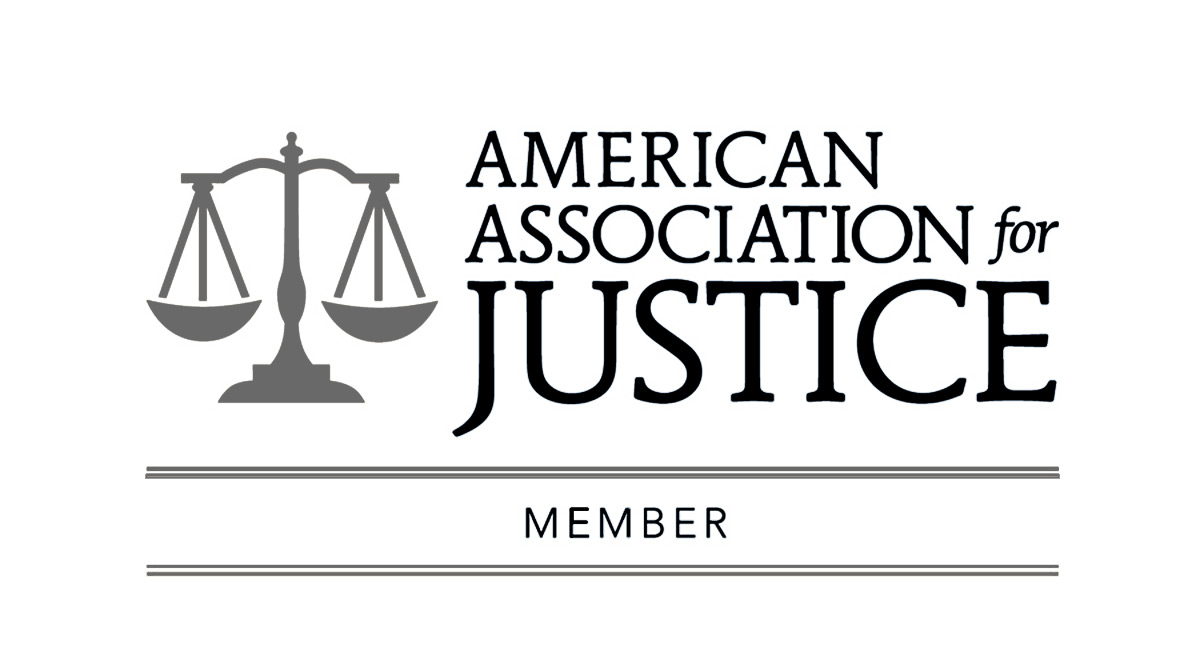June 12, 2020
The First Spike: Life Care Center
The first major outbreak of the coronavirus pandemic in the United States was reported at the Life Care Center in Kirkland, Wash. The facility was tied to at least 35 coronavirus deaths. Two-thirds of residents and dozens of staff members were infected. The Life Care Center is now facing over $611,000 in fines for failure to implement a timely and effective facility plan to mitigate the spread of COVID-19. The lethal impact of coronavirus in Washington sent a shockwave throughout the country, especially to those with loved ones in elderly care facilities.
COVID-19 Risk for the Elderly Population
As of June 4, over 43,000 coronavirus deaths in 40 states have been confirmed at long-term care facilities. This staggering number accounts for over a third of all coronavirus deaths in the United States.
According to the Centers for Disease Control and Prevention (CDC), 8 out of 10 reported coronavirus deaths in the United States have been in adults 65 years and older. People of all ages are susceptible to contracting the coronavirus, though vulnerable populations including the elderly face a higher risk of developing more severe illnesses. Physiological changes associated with aging and underlying health conditions worsen the effects and impact of the coronavirus.
While many spikes in the coronavirus at nursing homes have been attributed to inadequate funding and lack of access to resources like personal protective equipment (PPE), health inspectors have discovered that some facilities’ inaction and failed practices are responsible for COVID-19 outbreaks. Medicaid and Medicare supply a significant share of funding to the 15,000 nursing homes in the United States; as such, the Centers for Medicare and Medicaid Services (CMS) set their operating standards. Unfortunately, many nursing homes that have received health inspection citations due to COVID-19 have been violating CMS regulations.
“For the most part, we see facilities that failed to take steps in anticipation of the pandemic (especially after it hit the Kirkland, Washington facility), nursing homes that are taking in new residents even when they have woefully inadequate staffing for their current residents and, even, numerous reports of facilities discharging current residents so they can take in COVID-19 patients (for whom there is considerable reimbursement),” Richard Mollot, executive director of The Long Term Care Community Coalition said in an email to ProPublica.
Mitigation Efforts
Due to the concentration of coronavirus cases and deaths in nursing homes, all long-term care facilities must report COVID-19 cases to the National Healthcare Safety Network on a weekly basis.
The CDC has recommended the following measures for nursing homes:
- healthcare professionals should wear facemasks at all times while they are in the facility,
- residents should wear face coverings or facemasks (if they are able) whenever they leave their rooms,
- all healthcare professionals should be screened for fever and COVID-19 symptoms at the beginning of their shift,
- aggressive social distancing measures should be implemented,
- space (such as a specific floor or wing) in the facility should be dedicated to care for residents with COVID-19, and
- all residents should be monitored upon admission and at least daily for symptoms consistent with COVID-19.
Additionally, the following CDC recommendations have been released for nursing home visitors:
- encourage alternative methods for visitation (such as video conferencing) and communication with residents,
- families should not visit when ill or if they have been exposed to someone with COVID-19, and
- all visitors should be assessed for symptoms prior to entry.
Taking Action Against Insufficient Care
If your family member was exposed to COVID-19 at a nursing home, the facility may be responsible and subject to legal action. The nursing home lawyers from Custy Law Firm | Accident & Injury Lawyers take cases on a contingency basis, and we offer a free case evaluation. If you’re unsure about how to move forward, we can meet with you at no risk to discuss the details. After reviewing you or your loved one’s situation, we’ll take you on as a client if your needs match the services we provide.




